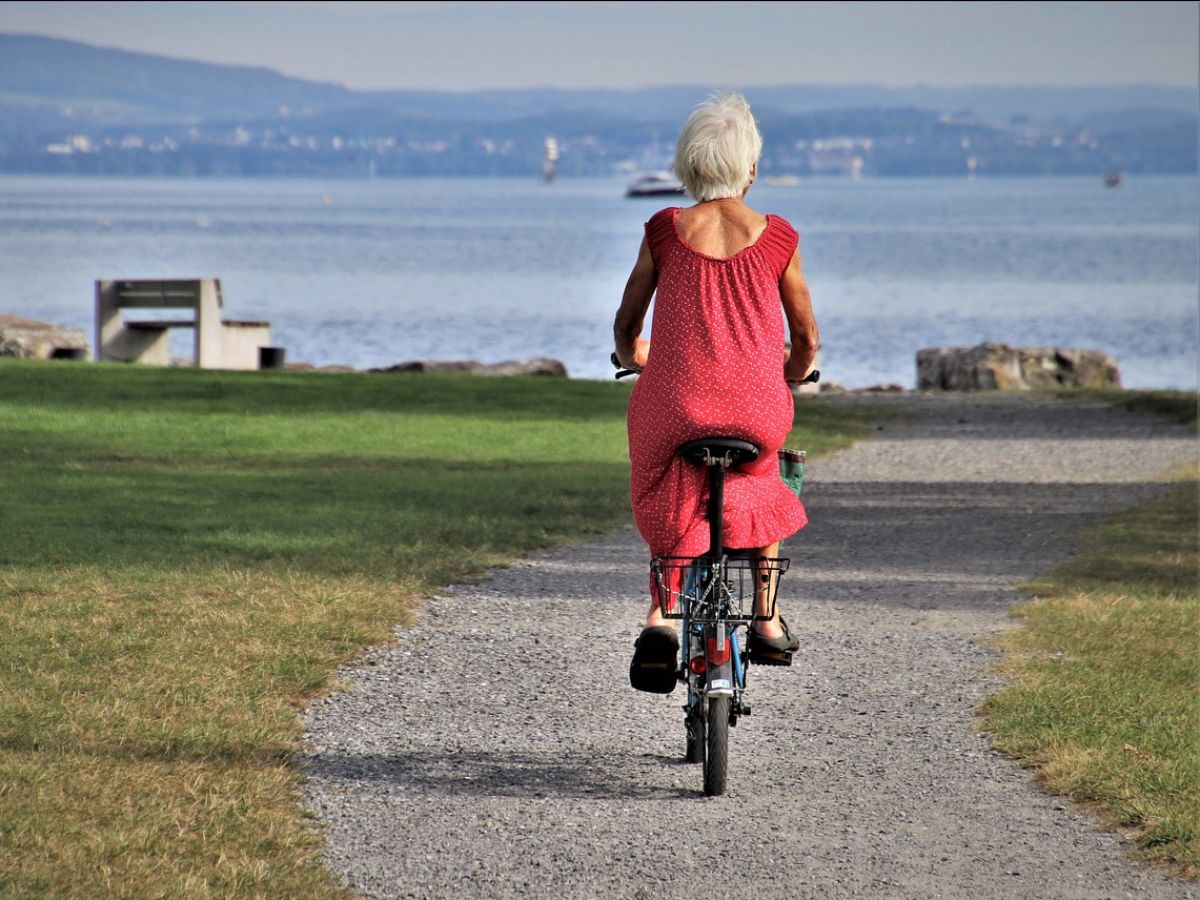Political instability, environmental conditions and social inequality are making us age faster, according to a large study published in the journal Nature MedicineConducted across 40 countries, on more than 160,000 subjects, it shows that air pollution, weak democratic institutions and disparities in living conditions have a measurable effect on the body, to the point of visibly accelerating aging.
To reach this conclusion, the international team first calculated the biological age of each of the participants before comparing whether it corresponded to their actual age. In cases where it did not correspond at all, " We then analyzed what physical, social and socio-political factors could be linked to this difference", explains to Science and Future Dr. Agustin Ibanez, of the Global Brain Health Institute and first author of the study.
Up to 6 years apart
But what does the notion of " biological age »? One might mistakenly think of the ability to do sports or physical signs like wrinkles or white hair. In reality, the team used " protective factors (cognition, functional abilities, education level, physical activity) and risk factors (cardiometabolic status, hypertension, diabetes, visual impairment, hearing impairment, gender) to predict a person's age, and then we examined how this age differed from their actual age. This method allows for large-scale comparisons, even without the need for expensive laboratory tests." explains Dr. Ibanez.
In low-income countries, researchers observed significant accelerated aging, resulting in an age difference of several years. In South Africa, Egypt, and Latin America, participants showed significantly more aging than participants in Europe, with a difference of up to six years between their biological and actual ages.
Read alsoAging is not linear: there are two ages when the body “switches”
Pollution and daily stress
The direct harmful effects of air pollution on health have already been widely demonstrated. Exposure to fine particles and other nitrogen oxides is responsible for 6.7 million premature deaths each year, according to a large study by the Lancet Planetary HealthIn France, this corresponds to approximately 7,000 avoidable deaths. The political situation and social inequalities induce chronic stress, which leads to earlier deaths.
“ This chronic stress linked to social inequality, political instability, and the lack of democratic rights can harm health by overactivating the body's stress systems. This triggers a repeated or prolonged release of stress hormones, such as cortisol, which causes inflammation and leads to allostatic overload—wear and tear on the body's systems due to their constant adaptation. This wear and tear damages organs, disrupts immune and metabolic functions, and accelerates biological aging, affecting the health of the heart, other organs, cognition, and the brain.“, explains the researcher.
Read alsoFight against air pollution: new pollutants taken into account by Europe
The study has several limitations. It does not take into account individual behaviors of participants, such as tobacco use or poor diet. Furthermore, it only includes a selection of countries: 6 in Latin America and the Caribbean, 27 in Europe, 4 in Asia, and 2 in Africa.
While several modifiable factors can influence the “ aging well", such as a balanced diet, continuing to exercise and having a social life, this study highlights several harmful factors that are difficult, if not impossible, to avoid on an individual level. The authors of the study call on public authorities to improve the situation. " As democracy recedes around the world, air pollution reaches critical levels, and wealth gaps widen, these data present the first evidence that combined structural exposures, beyond individual lifestyle, are deeply embedded in our aging process. In an era of rising populism, environmental degradation, and global displacement, understanding how environments influence the aging of our brains is a scientific, political, ethical, and health imperative.. » Researchers call for policies that improve education, reduce inequality and improve air quality, especially in the current context of an aging global population.
